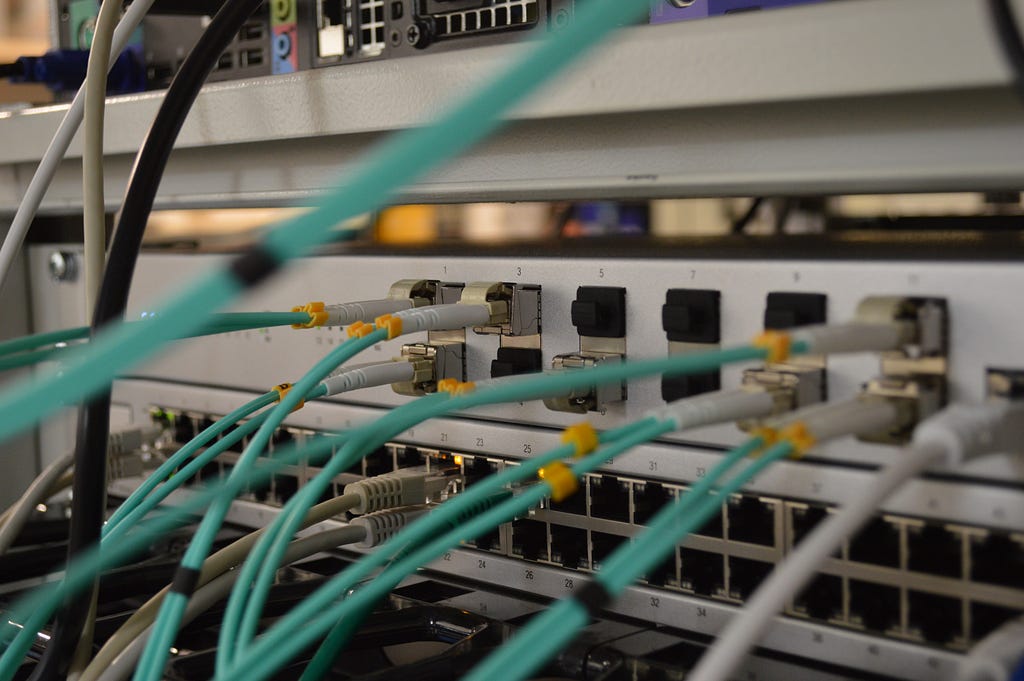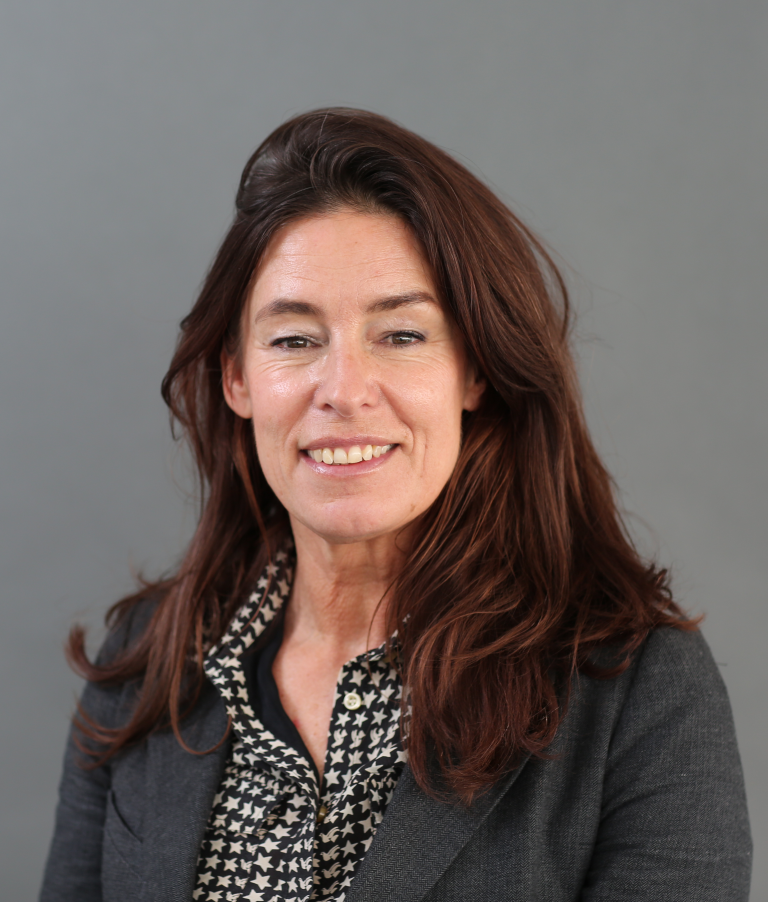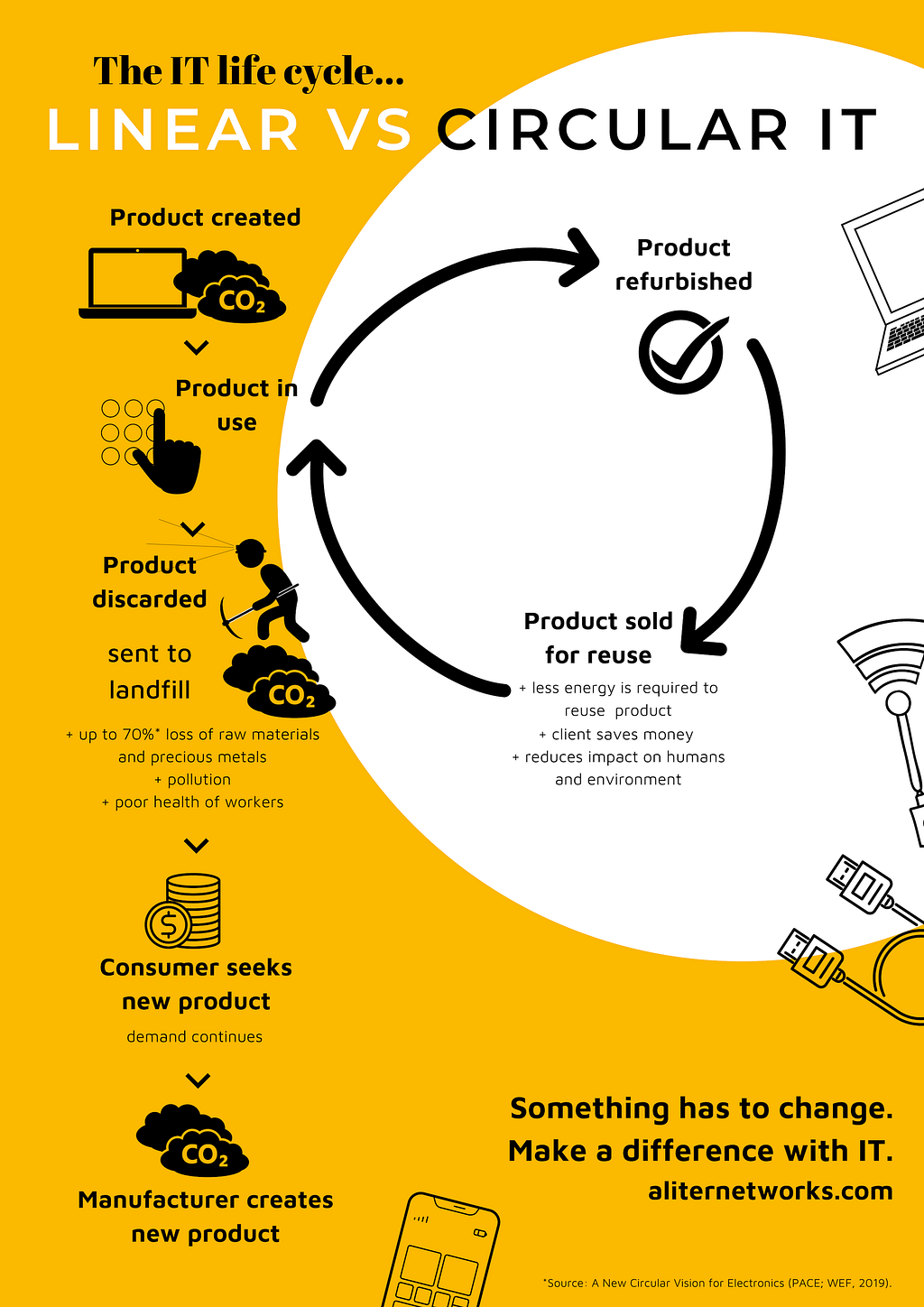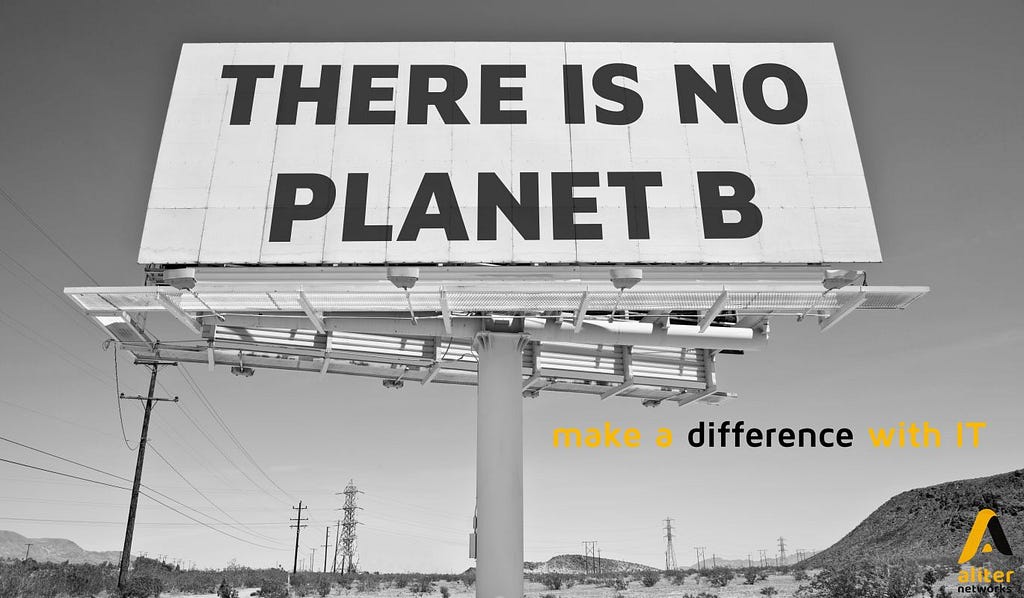B Corp Aliter Networks Champions Sustainability by Reducing E-Waste in IT Industry

Using business as a force for good. Building a business that is purpose-driven and creates benefit for all stakeholders, not just shareholders.

Aliter Networks Chief Happiness Officer Odette van Zijdveld has been at the helm of the Netherlands-based company since 2017. She’s had a vision the whole time — for businesses to change the way they view and work toward success.
She says now, for most businesses, financial interests are still the priority — profit and shareholder value. Van Zijdveld’s vision instead focuses on people, planet and profit.
The fear of change overrides a lot, she says, but the landscape is changing.
See the Change
Slowly but surely, many companies are becoming more socially conscious and environmentally aware. And businesses like Aliter, which buy, refurbish and sell serviced network equipment, cater to such companies — helping them do good for people and planet, while typically saving on costs, which can boost profit.
“Aliter has prevented a minimum of 320,000 kilos of e-waste and facilitated the reuse of over 151,000 network products since we started in 2009,” says Van Zijdveld. “As the IT industry is responsible for approximately 13 million tons of e-waste every year, using the raw materials we have at our disposal is a pure necessity.”
But she acknowledges there is still much to be gained and points to the promise of a circular IT model.
“We want to expand the life cycle of the hardware, resulting in less waste and a reduction of production and the use of (scarce) resources,” Van Zijdveld says. “In addition, reuse significantly reduces CO2 emissions. Our mission is to make a difference with IT, for profit, people and the planet. It is our goal to have half a million IT products reused by 2025.”

No Straight Line to Success
Across the board, there are still far too many businesses using a linear IT model, she says.
“Unfortunately, in the case of network products, which typically have a relatively long lifespan, they can be overlooked,” van Zijdveld says. “And over time, they often won’t get serviced and maintained — a linear approach that is focused on infinite growth and infinite stocks of raw materials. To buy, use and dispose our IT equipment is an unsustainable cycle.”
One of the biggest industry offenders is the data center industry, which uses a lot of electricity. But there’s good news here too, van Zijdveld says.
“The choice for the use and development of more energy-neutral and energy-efficient equipment is a good thing. As well as the reuse of heat, and the decision to opt for renewable energy,” she says. “Moreover, we see now that more producers are starting to take back hardware and produce sustainable equipment, for example, by including parts of used equipment.”
Aliter purchases used network equipment from some companies that are also the parties to which they sell pre-owned products.
“We do business, among others, with banks and insurers that, on average, write off their network equipment in three to five years,” she says. “This equipment is brought to us and is cleaned, checked and extensively tested.”

As with any system change, positive movers and shakers help to pave the way. Van Zijdveld is inspired by the south Asian country of Bhutan’s definition and measure of happiness and success, known as Gross National Happiness (GNH).
GNH is a “holistic and sustainable approach to development, which balances material and non-material values with the conviction that humans want to search for happiness.” The objective? To find a balanced development across all essential facets of life — for our happiness.

Those Paving the Way
Beyond this positive action, the circular economy advocate sees a number of other important developments furthering the movement—namely, the growing secondhand market.
“In the car industry, already for quite some time, the market for used cars is bigger than for new ones,” van Zijdveld says. “The same development is going on in the fashion industry. The market of secondhand fashion is currently growing 21 times faster than that of new clothing. It is expected that this trend will overtake the traditional new fashion industry in the foreseeable future. A shift that can definitely also be made in IT equipment.
“It’s a big compliment when there is a flourishing reuse market for your brand.”
As some people choose slow fashion, van Zijdveld believes it’s time for slow IT. Globally, she says, we must continue to increase the amount of IT products being reused.
“I hope that knowledge and infrastructure will be shared and that … more equipment is used instead of owned. Millions are spent in the new IT equipment business, and after a few years this repeats itself. We must ask — why does it always have to be new? Given the current state of the planet, we can no longer afford this line of thinking.”
She argues for a new, broader definition of success in business, and believes we will get there.
“Gradually there are more alternative opinions, and I think that organizations with new, triple-bottom-line business models will survive in the long run,” she says. “Collaboration is also very important — perhaps with a platform to share knowledge and resources. And while the IT industry is huge, it’s worth remembering it’s still quite young.
“This carries huge power, but that comes with great responsibility. It is time to come up with new rules.”
B the Change gathers and shares the voices from within the movement of people using business as a force for good and the community of Certified B Corporations. The opinions expressed do not necessarily reflect those of the nonprofit B Lab.

To Build a Better World, It’s Time for Businesses to Redefine Success was originally published in B The Change on Medium, where people are continuing the conversation by highlighting and responding to this story.